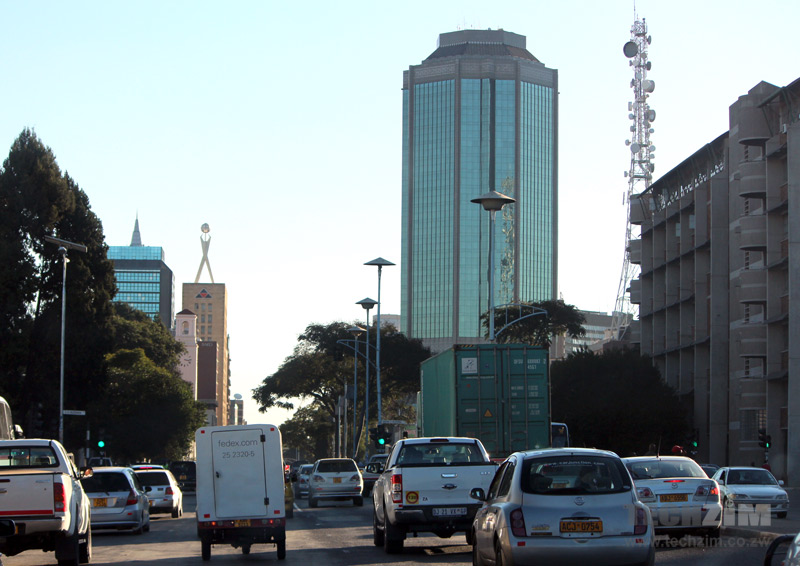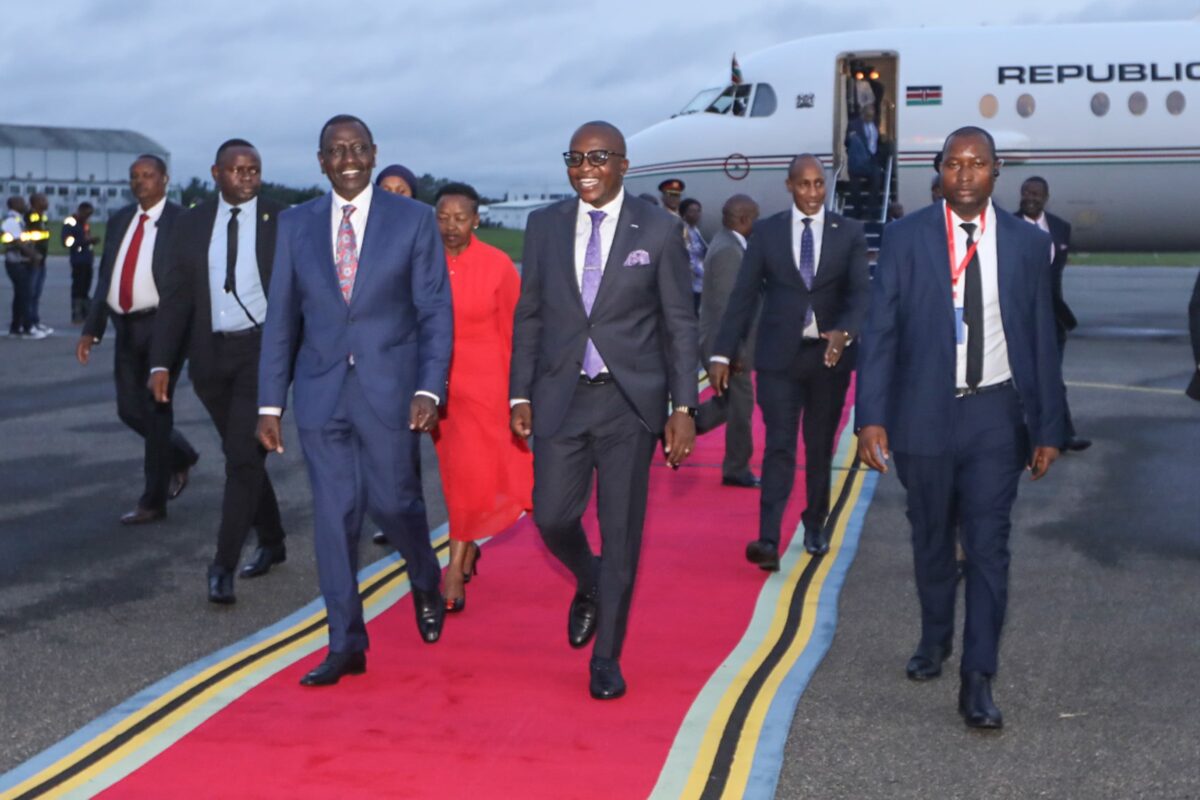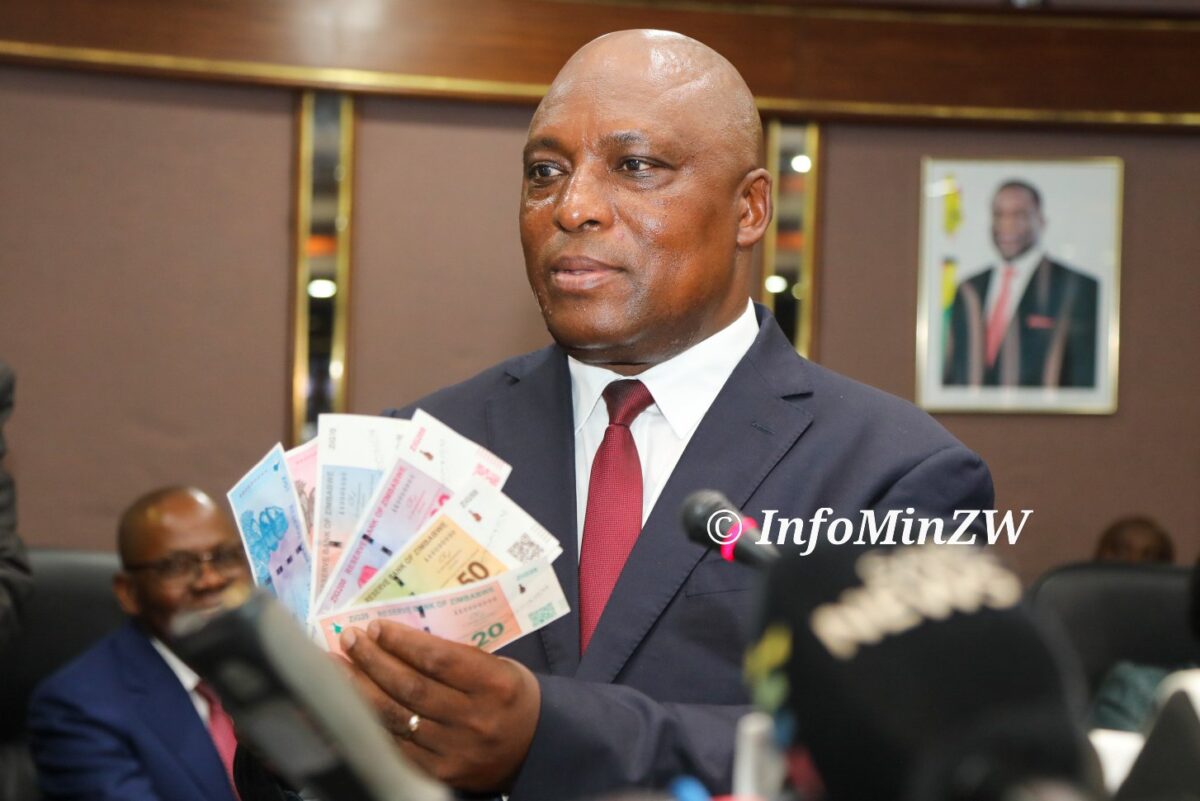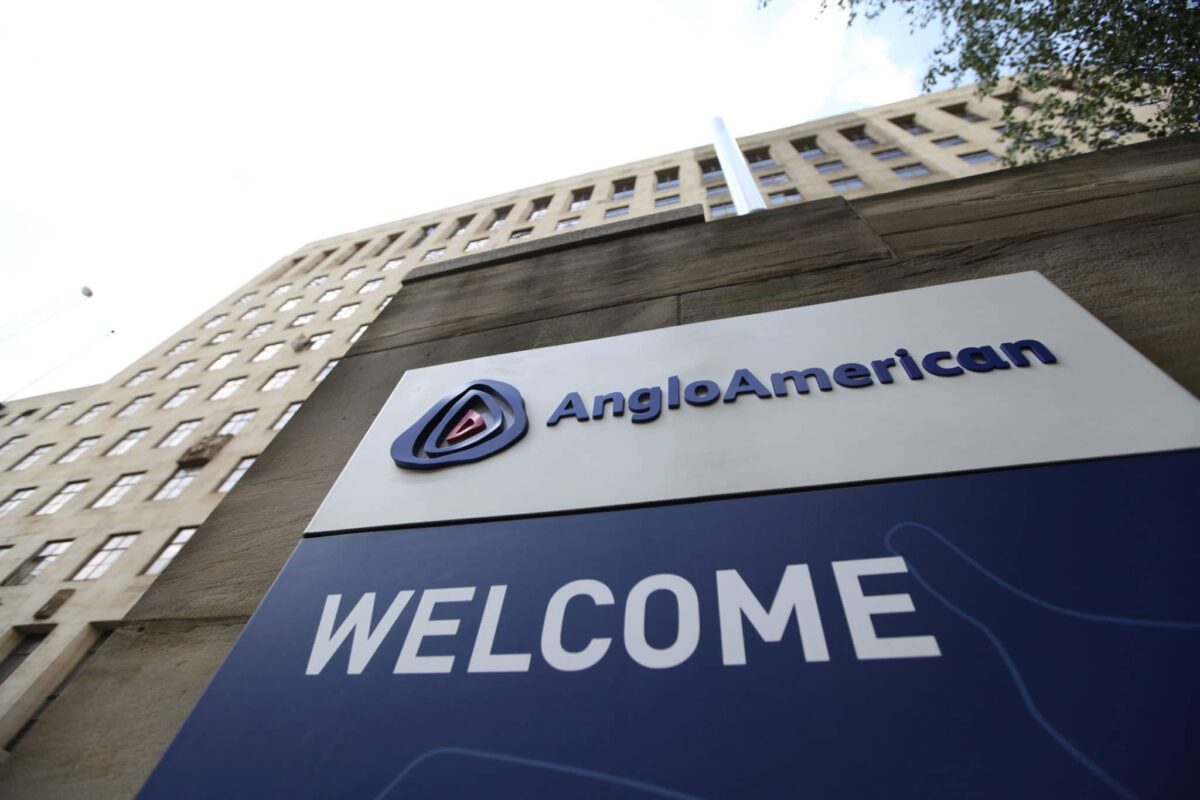HARARE – The Zimbabwe government is clamping down on big corporates which borrowed billions in Zimbabwean dollars and allegedly used the money for speculative activities.
Authorities say the companies took advantage of exchange rate dips to exorbitantly push up prices and buy foreign currency, making huge profits in the process.
After a series of meetings last week between the finance ministry and central bank, President Emmerson Mnangagwa announced a cocktail of interventionist measures, including suspending bank lending in a bid to contain companies which borrow money for speculation and arbitrage.
This involves buying goods and pricing them above parallel markets rates and securing hard currency to swiftly pay off their loans cheaper and stash their United States dollars stocks, while making huge profits.
“Big local corporates and speculative borrowers with huge balance sheets are driving the exchange rate and steep currency depreciation as they make billions from arbitrage activities,” a top central bank official said.
“Speculative borrowers are responsible for driving the exchange rate in the parallel market for their final gains and in so doing punishing unsuspecting consumers who are bearing the brunt of unjustified inflated price increases.
“By depreciating the local currency say from US$1: ZW$250 to US$1: ZW$350 to the US dollar within a month, the company or speculative borrower would have easily made an arbitrage profit of more than ZW$300 million from a loan of ZW$1 billion, for instance.
“They are minting money in both local and foreign currency. So, the higher the borrowing the higher the arbitrage profits. The model is low-risk or riskless, but highly profitable at the expense of consumers and the economy. This destabilises the market and the economy. It is against this exploitation and manipulation of the financial system and abuse of the general public through stoking inflation that the executive, fiscal and monetary authorities decided to put some temporary freeze on lending to allow for sanity to prevail. It’s a suspension, hence it will be lifted when currency speculators have been contained and stability on the currency and exchange as well as confidence have been restored.”
Following the measures and its meeting with bankers this week, the Reserve Bank of Zimbabwe said: “In the wake of manipulation of the exchange rate by some borrowers of large amounts to the detriment of consumers, the (central) bank reserves the right to publish the names of significant borrowers across the banking sector in the public interest.”
Critics warned the move would be illegal.
The government insists it is big companies that are driving currency depreciation and the exchange rate drop, which in turn stokes inflation and destabilise the market, while leaving consumers battered by skyrocketing prices even more anxious.
Prices in Zimbabwe have of late been increasing at an alarming rate, further squeezing the people whose incomes have been eroded by resurgent inflationary pressures.
The annual inflation rate climbed to 96.4 percent in April from 72.7 percent in March, reaching its highest mark since last June. On a monthly basis, consumer prices jumped 15.5 percent, the most significant movement since July of 2020.
In a bid to contain money supply growth, further exchange rate decline and rising inflation, the government came up with measures which it says are expected to restore macroeconomic stability and deal with market indiscipline.
Mnangagwa said the increase in month-on-month inflation was significant. He said such an increase in domestic inflation was caused by both recent global shocks and domestic factors.
In the televised speech, Mnangagwa said domestic factors which include the pass-through effects of the recent exchange rate depreciation on the parallel market are wreaking havoc with the economy.
“If not contained, the continued depreciation of the domestic currency against the US dollar may lead to a reversal of economic stability gains achieved since the introduction of the foreign exchange auction system in July 2020,” he said.
Mnangagwa further said his government is convinced that the recent exchange rate movements were driven by negative sentiments by economic agents as opposed to economic fundamentals. He was referring to big companies that have borrowed billions which his government accuse of using the money for speculative activities.
“These negative sentiments have been propagating adverse expectations on future inflation and exchange rate movements, thus giving rise to artificially high demand for foreign currency as economic agents hedge against expected high inflation,” he said.
Fiscal and monetary authorities say as a result big corporates have been targeted over their borrowing and speculative trading activities, hence the freezing of lending which is a dough-edged sword as it also hurts companies through unintended consequences.
While some companies are complaining about these measures, especially suspension of lending, others think they will restore macroeconomic stability, support economic recovery trajectory, boost economic confidence, increase the appeal of the local currency, preserve value for depositors and investors and deal with market indiscipline.
However, captains of industry say while it is important to deal with the situation, piecemeal measures won’t work.
“The interventions are understandable, but problem is that they are a double-edged sword; they cut both ways,” an industrialist said.
Currency changes resulted in value erosion on bank deposits of the banking public. Government said it will compensate individuals who had funds in their bank accounts of US$ 1000 and below as of January 31, 2019.
Mnangagwa said that a framework is being created to compensate individuals who had figures of up to US$100,000.
“The amount required and implementation modalities of this policy will be announced in due course guided by the Public Debt Management Act and Reserve Bank of Zimbabwe,” he said.
The other measures included clearance of foreign auction backlog, continuation of partial dollarisation (dual currency system), exchange rate management and allowing retailers and wholesalers to benchmark their pricing to the average interbank rate with a maximum allowable variance of 10 percent.
Government has also come up with additional measures to strengthen demand for local currency, including allowing exporters to pay taxes using local currency, although this said this was under review, and tax incentives for using local currency.















